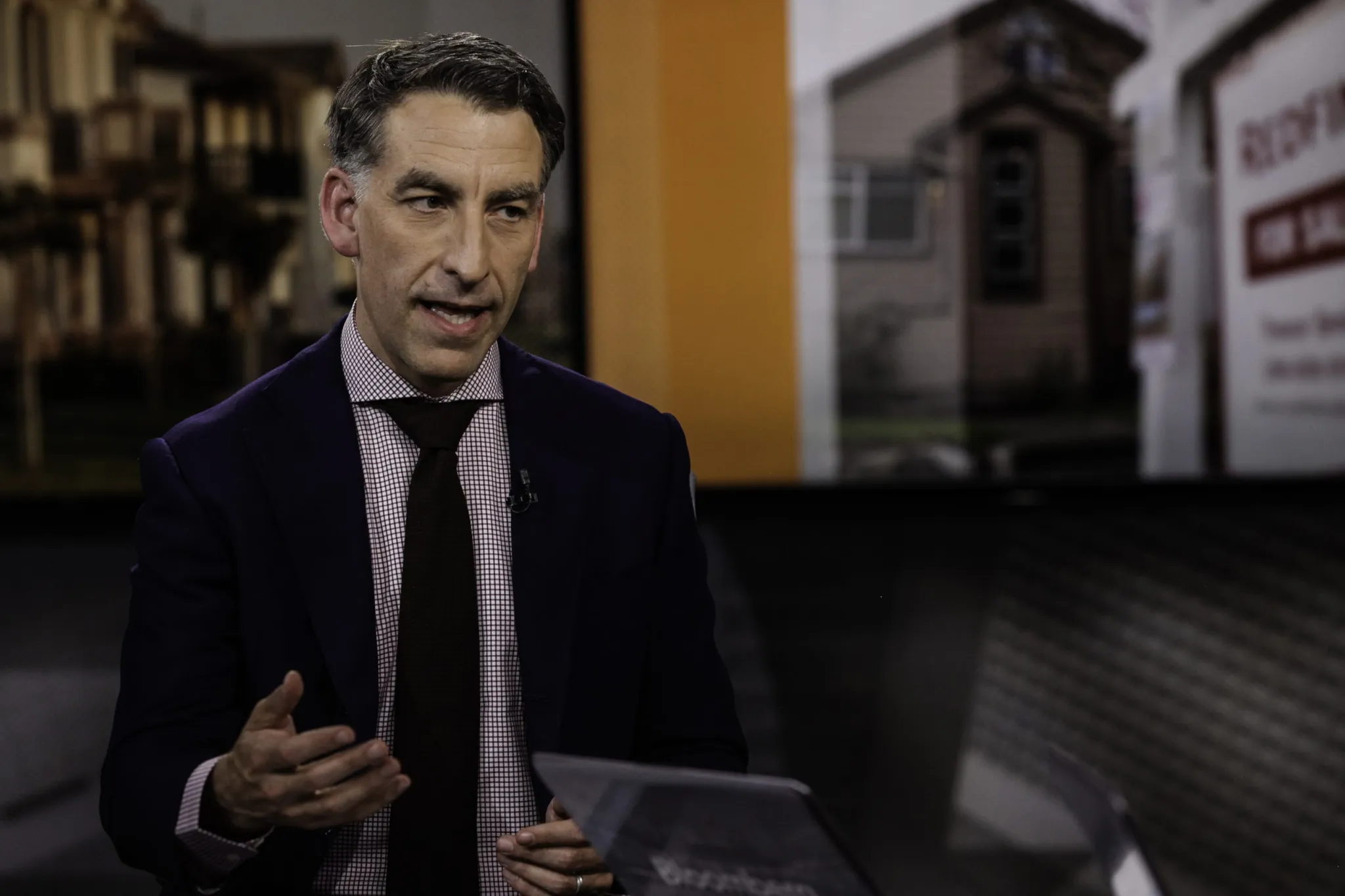Refusing to drink the corporate Kool-Aid, half of Gen Zers would turn down a job that doesn’t align with their beliefs
Like many generations before them, the current cohort of young adults isn’t necessarily looking to work for the man. The search for a stable salary and benefits, however, often poses a threat to this resolve. Gen Z is holding fast, though, trying to take hold of late-stage capitalism’s reins.
The volatile economy and the rough hand of cards dealt to Gen Z has put extra pressure on the generation’s resolve. These young adults are particularly financially vulnerable as they deal with larger student loans, rounds of recessions, and inflation early on in their career amid attempts at wealth building. But many Gen Zers aren’t giving up on their beliefs, finding a way to solve for what is often at odds in the modern economy: mission alignment and good pay.
More than half (53%) of Gen Zers would reject a job if the employer’s mission didn’t line up with their sociopolitical values, according to a United Way of the National Capital Area survey of 1,000 Americans, 495 of which were Gen Zers. Looking at survey responses from the fall of 2023, the nonprofit found that the desire to work for an organization where the stated values felt in accordance with one’s beliefs had intergenerational pull but was especially important for younger employees.
While looking for a job, Sade Collier, NYU class of 2024, experienced this battle. Telling Fortune that she doesn’t think she could work for a corporation, Collier adds that sometimes she’ll find an opening that matches her experience but will look at who sponsors the company and be deterred.
“The deeper you dive, it’s like ‘oh, no,’” they say, adding that even in the so-called good companies it’s hard to find a moral fit. “A lot of places that you would think would be kind of safe, that have spoken out in some ways…It’s like another way, they’re unethical.” It can be disheartening. “It’s really hard to have to keep x-ing jobs because so many places feel unethical or seem unethical,” Collier explains.
Collier isn’t alone in the quest to enter the workforce on their own terms. A good 55% of Gen Zers relay the importance of their employer aligning with their beliefs, per United Way’s survey. That shifts to 45% of Gen X, 42% of millennials, and 34% of baby boomers. It’s worth noting that while more Gen Zers were surveyed for this poll, mostly half of other generations also expressed they’d walk away from an offer if the job didn’t align with their beliefs.
As for what fuels this youngest working generation’s activism, most cite feeling like it’s the moral thing to do, followed by being motivated by their personal experiences. Atop their list of prime concerns are issues of inflation, health care access, and affordable housing.
When it comes to human rights issues, Gen Z cares the most about racial equality and also shows greater passion for this cause than older generations. Gen Zers also reported a greater interest regarding income inequality and employment opportunities than their older peers. And the generation is looking to act on their values, as 32% of them report being regularly engaged in social justice work.
And unsurprisingly, Gen Z is looking to get paid well. The generation that has been often forced to depend on older generations and live at home longer to afford life in the current landscape is itching for a real living wage. The generation is most motivated by salary and benefits (86%), followed by work-life balance (72%) and career advancement opportunities (46%), per United Way. It all puts extra pressure on young workers’ values and sometimes forces their hands to betray them for a check.
Collier admits sometimes she and her friends will go on LinkedIn and kind of scoff at what her peers are pursuing, as it “feels kind of traitorous for people to go work at a certain place.” But she acknowledges that her generation is in a bind. “The market is just so dire that people are kind of willing to take what they could get.”




